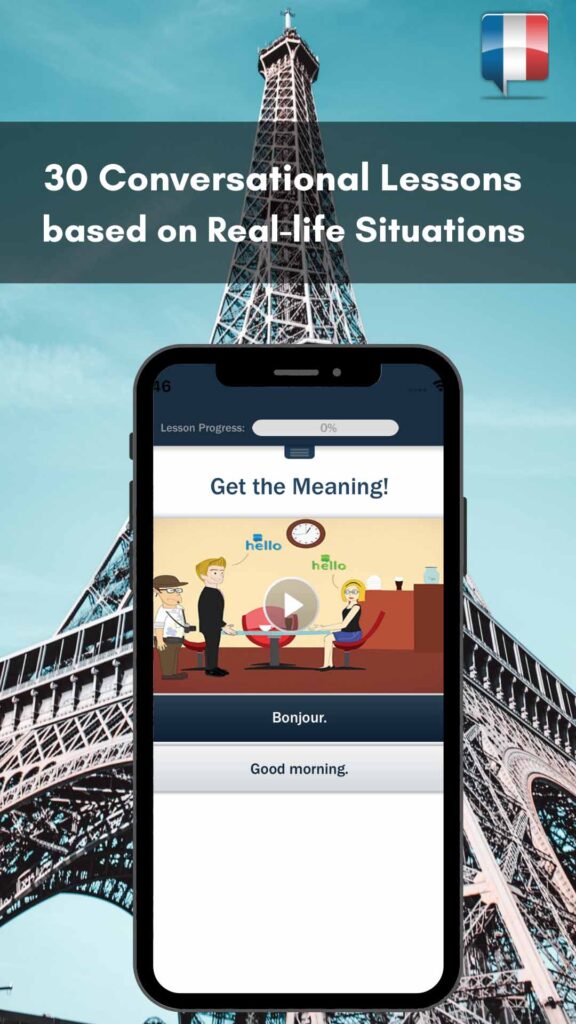You may have noticed that be it your native language or some other there is at least one unusual word that seems quite weird and a bit funny at times. Generally, it is mostly a fun thing when one comes to know about them. Here are some of the weirdest words that are spoken across different countries around the world.
Arachibutyrophobia (English)
Phobia means fear, so what exactly is arachibutyro? If one has arachibutyrophobia it means he or she is afraid of peanut butter. In the Greek language, arachi means “ground nut”, butyr means “butter”, and phobia is used for “fear”. So to be specific, arachibutyrophobia is the fear of having peanut butter stick to the roof of your mouth. For certain people, the sensation is far too close to one of choking to be bearable.
Fifone (Italian)
Sadly, fifone does not stand for anything related to the world football body in Italian. The word fifone hails from fifa a vernacular term for fear. For this point, a fifone is a scaredy cat.
Quijotesco/a (Spanish)
As weird it sounds, the English equivalent is quixotic. If someone who does not know the meaning of quixotic it stands for someone or something quite idealistic and impractical. If you know after whom the character was formed, then you know the reason. Don Quixote de la Mancha was authored by the Spanish author Miguel de Cervantes. He is the one who fought the windmills feeling they were giants. He went to quite extreme lengths to defend what he believed in and passed for crazy.
Irusu (Japanese)
This word stands for the act of pretending nobody is home when someone knocks on the door.
Kummerspeck (German)
Kummerspeck is not a food but rather the weight that one puts on because of a specific type of food.
It happens due to emotional binging.
Yaourter (French)
Are you going to believe that French people sing yogurt? In French when they try speaking for singing in another language and finish up using puzzling jumbles of syllables, you will say that they are yogurt. When said this way, yaourt is quite close to gibberish. It becomes a lot more interesting when you learn that this expression also has its own verb yaourter.
About Hello-Hello: With over 10 million learners worldwide, Hello-Hello apps are among the top-selling language learning apps in the U.S. and internationally. Hello-Hello has over 100 apps teaching 13 different languages available on the iPad, iPhone, Android Devices, Blackberry Playbook, and Kindle
Check Hello-Hello Apps on iTunes and Play Store


